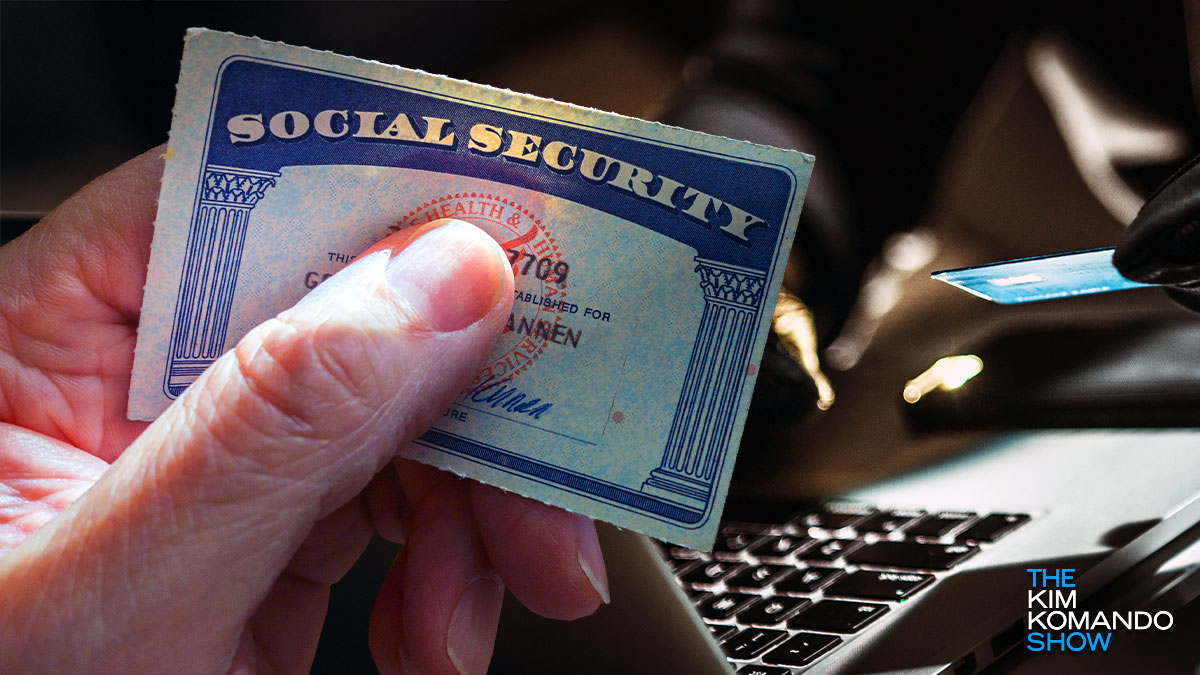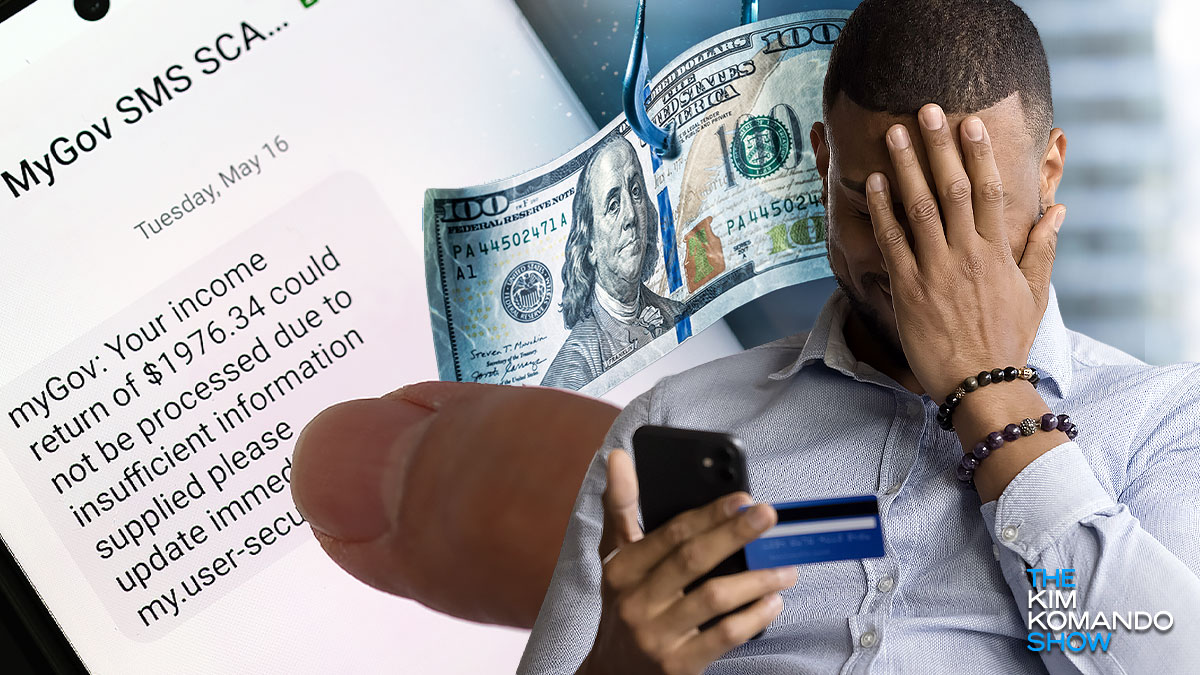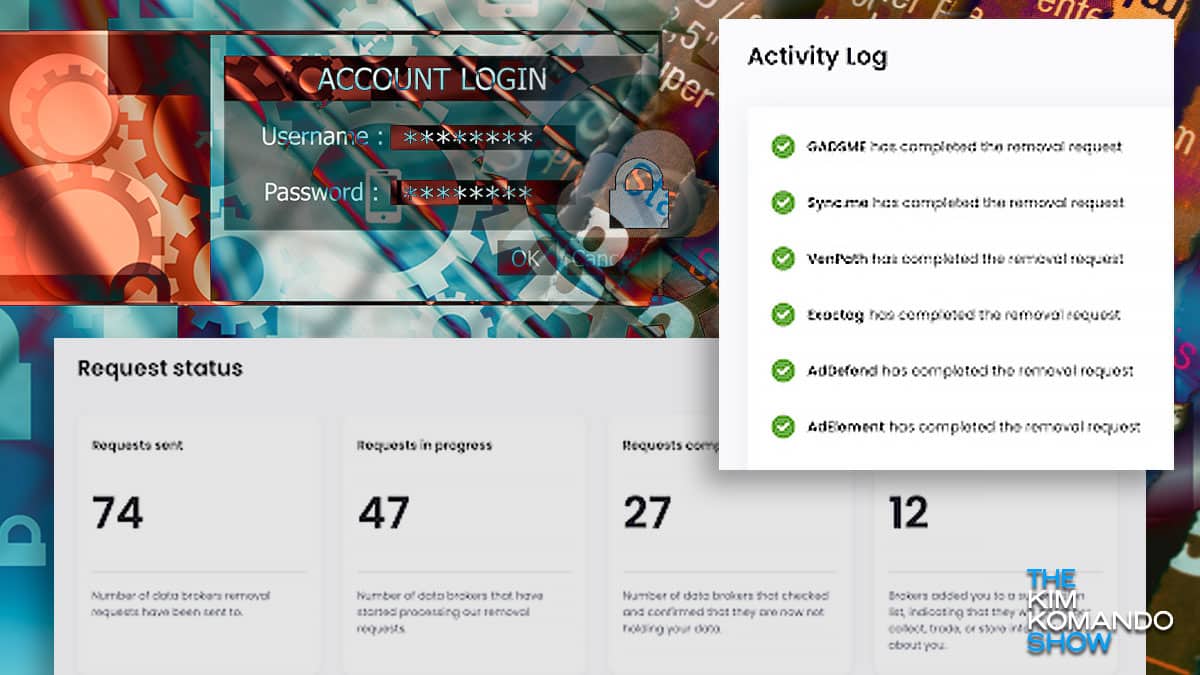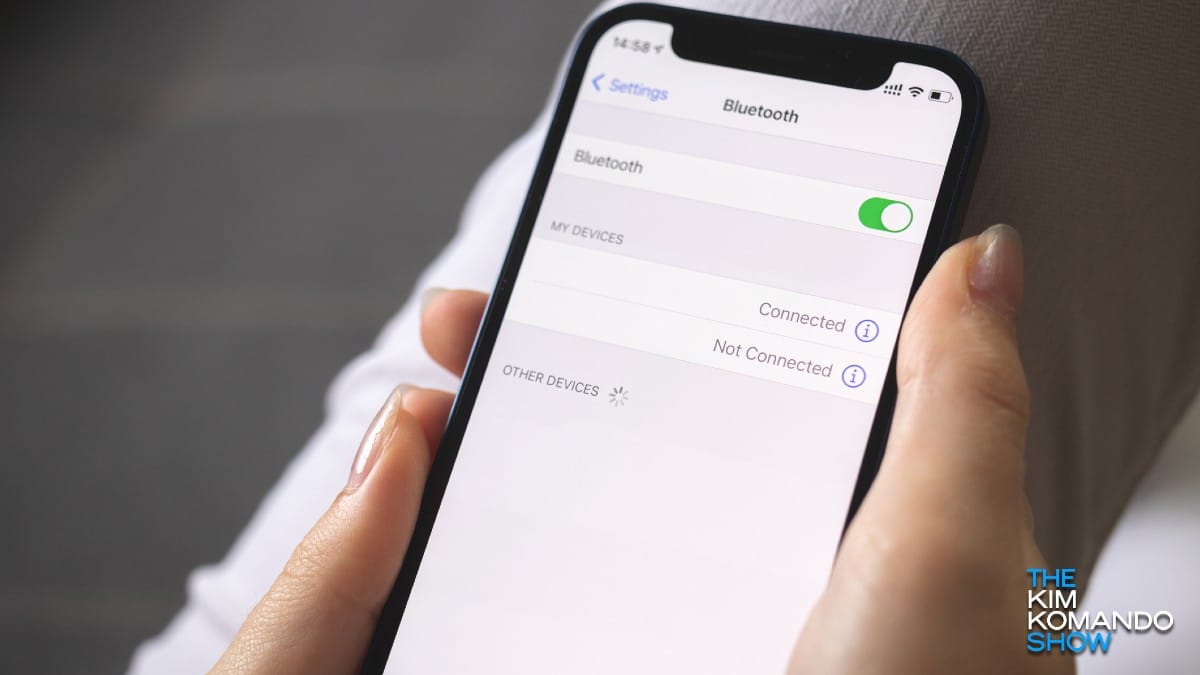Your Social Security number is one of the most sensitive pieces of personal information you own. Too bad yours (and mine and every other Americans’) has likely been leaked and sold on the Dark Web.
Before you panic, there are a few steps you can take right now to protect yourself and your identity.
Is it really that big a deal?
It sure is. Your Social Security number is the key to the castle. It’s the unique identifier that connects your financial, government and personal records.
▶️ With your SSN, criminals can open credit card accounts, apply for loans, hijack your tax refunds, use your government benefits or even apply for jobs. Yikes.
There’s an easy step you can take
To safeguard your Social Security number, use the government’s free Self Lock feature. This tool prevents your SSN from being used for unauthorized employment verifications. You’ll need an E‑Verify account to do this online.
You can also request a block by calling the Social Security Administration at 1‑800‑772‑1213. Expect to wait on hold for a long time.
So many red flags, I thought I was at the circus
How do you know if your SSN is in someone else’s hands? Let me count the ways …
- Unexpected bills or strange accounts: Receiving bills or statements for accounts you never opened, especially credit cards or loans, is a bad sign.
- Unfamiliar tax forms: If you get tax documents like W‑2s or 1099s from jobs you didn’t hold, it could mean someone used your SSN for employment.
- Tax filing issues: This is a major way folks find out their SSN has been compromised. If the IRS reports a return already filed under your SSN, someone may have claimed a fraudulent refund.
- Credit report surprises: Look for unexplained changes, accounts or inquiries on your credit report. Get yours free once a year here.
- Government benefit denials: We’re talking disability, Medicare and other benefits someone else already claimed with your SSN.
Suspect your SSN was stolen?
Continue reading →












